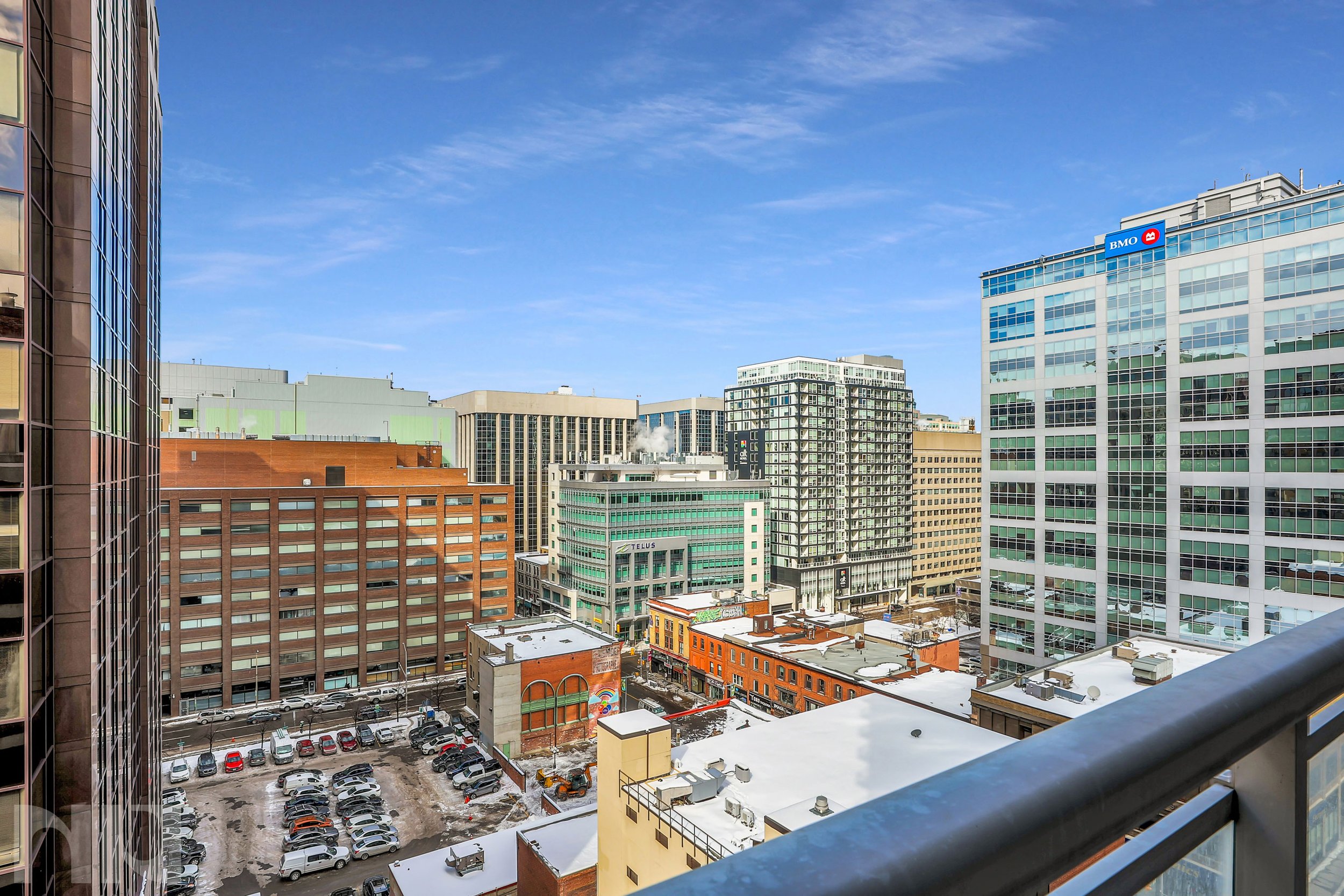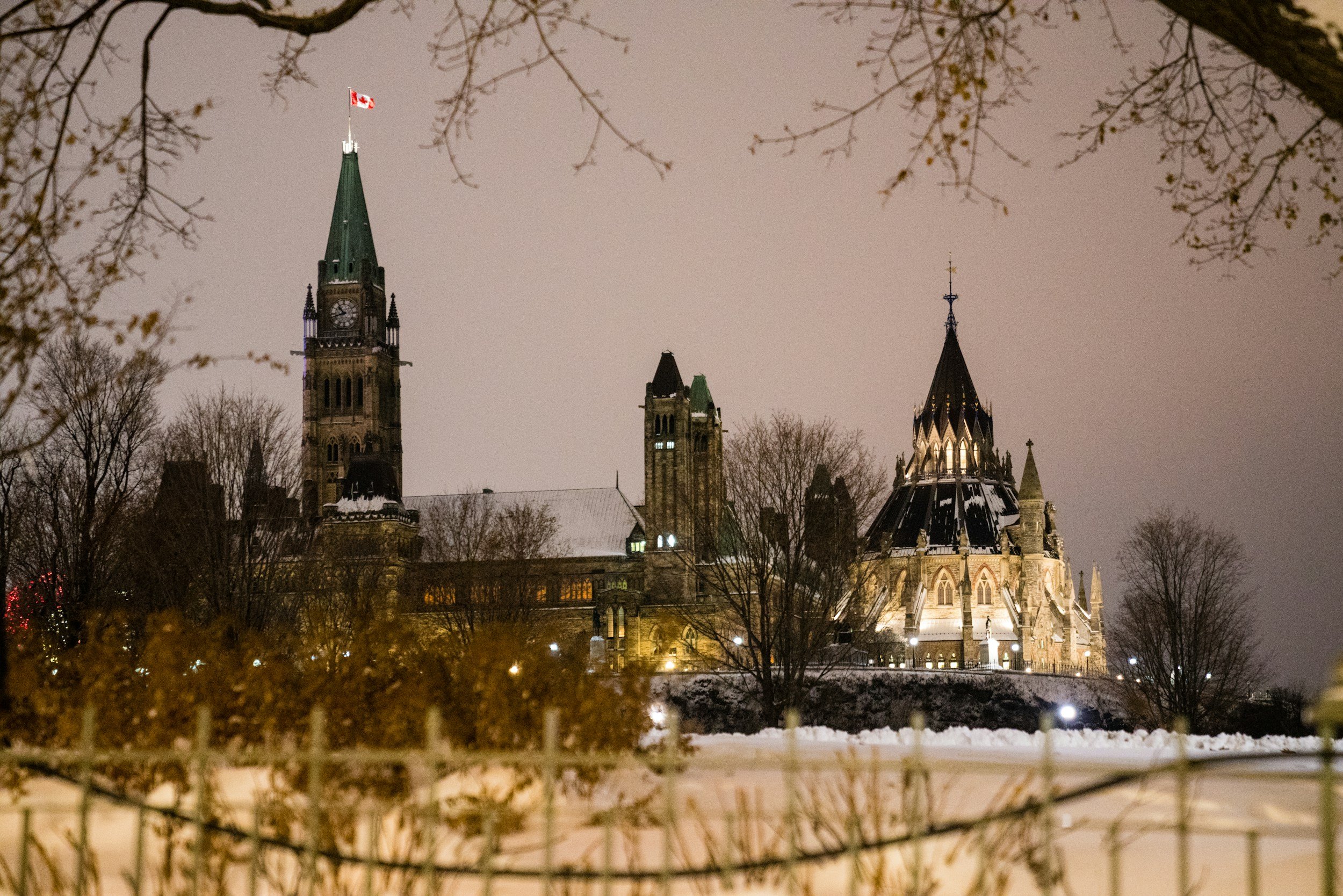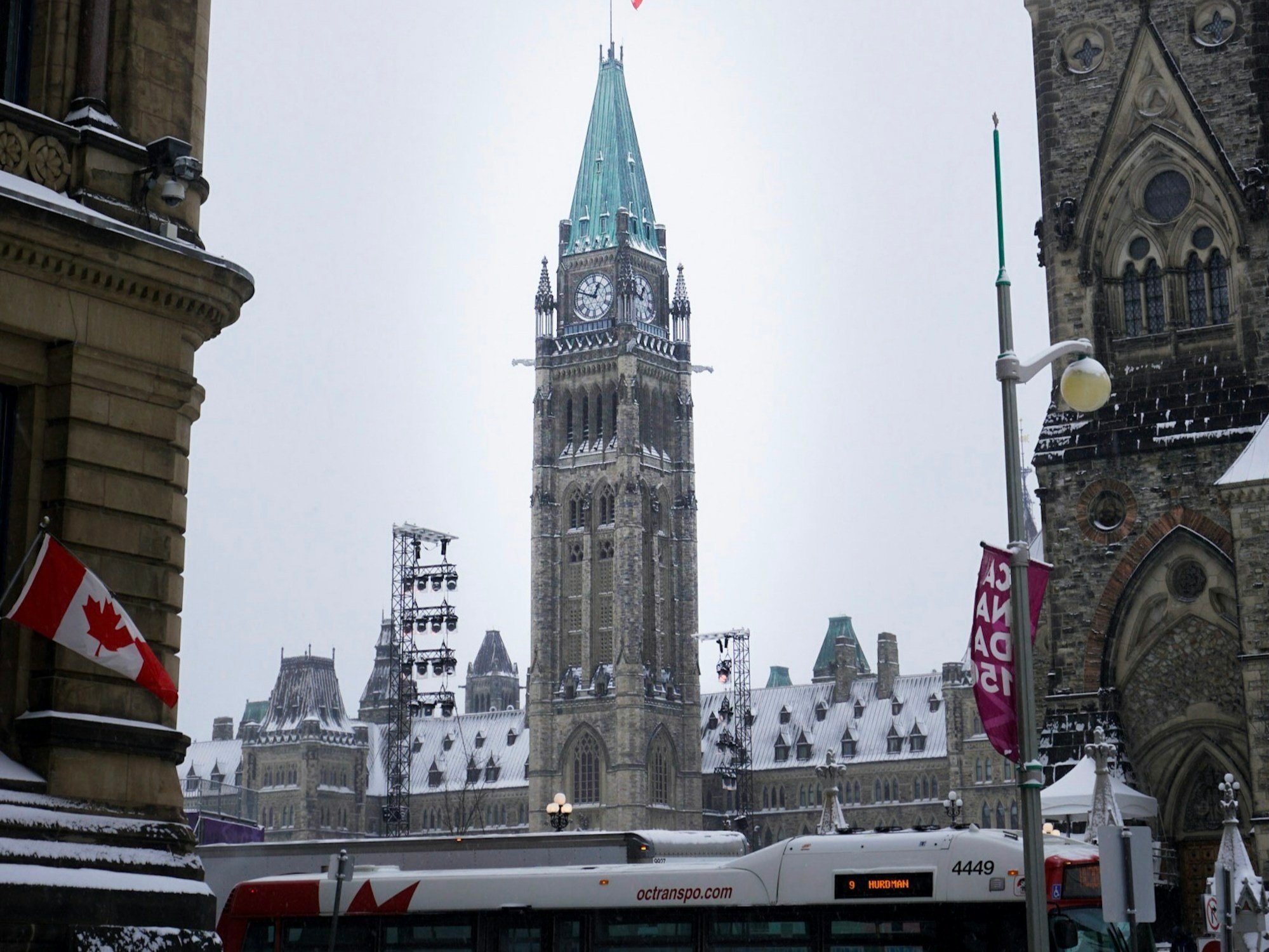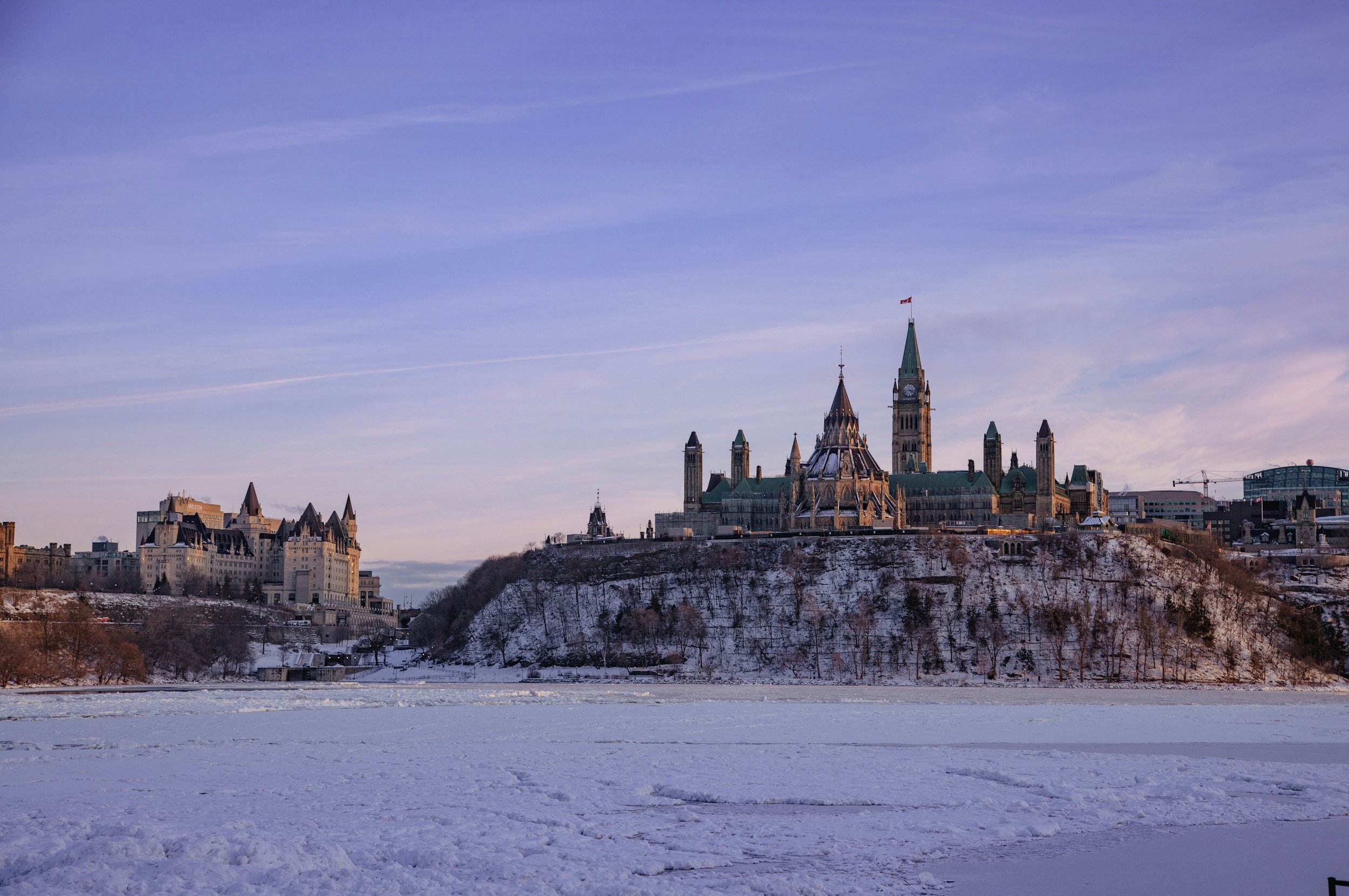Real Estate Investment Strategies for Ottawa: Short-term vs. Long-term
Investing in real estate is a significant decision, and choosing the right strategy can make all the difference in your financial success. Ottawa, like many other cities, has undergone changes in its real estate regulations since 2021, which have had a profound impact on investment opportunities. In this blog post, we will explore the key considerations when deciding between short-term and long-term real estate investment strategies in the Ottawa market, taking into account the new regulations that no longer allow apartment Airbnb rentals within the city limits.
Short-Term Rentals: Airbnb and Beyond
Until recent changes in Ottawa's laws, short-term rentals, particularly through platforms like Airbnb, were a popular choice for investors. These rentals offered the potential for high rental income, especially in tourist-heavy areas. However, the new regulations have significantly limited the viability of this strategy for many investors.
Pros of Short-Term Rentals:
Higher Rental Income: Short-term rentals often yield higher nightly rates than traditional long-term leases.
Flexibility: Property owners can use their investment for personal stays when it's not rented.
Shorter Commitment: Short-term leases typically range from a few days to a few months, providing flexibility to adapt to market changes.
Cons of Short-Term Rentals:
Regulatory Constraints: In Ottawa, apartment Airbnb rentals are no longer permitted within city limits, limiting potential locations.
Operational Demands: Managing short-term rentals requires constant attention to guest turnover, cleaning, and maintenance.
Market Volatility: Income can be seasonal and subject to fluctuations based on factors like tourism and events.
Long-Term Rentals: Stability and Consistency
With the changing regulations in Ottawa, long-term rentals have become a more reliable option for real estate investors. These leases typically span months or years, offering stability and consistency in rental income.
Pros of Long-Term Rentals:
Stable Rental Income: Long-term leases provide steady and predictable rental income, reducing the impact of seasonal fluctuations.
Lower Turnover: With longer leases, there is less frequent turnover of tenants, reducing the effort and cost of finding new renters.
Reduced Regulatory Risks: Long-term rentals are less affected by changing regulations compared to short-term rentals.
Cons of Long-Term Rentals:
Lower Rental Rates: Monthly rents are generally lower than nightly rates for short-term rentals.
Less Flexibility: Property owners have less flexibility to use the property for personal reasons.
Tenant Management: While long-term rentals reduce turnover, they require diligent tenant management and property maintenance.
Airbnb Licensing and Regulations in Ottawa
Ottawa has recently implemented licensing regulations for Airbnb (and other short-term rental) hosts. This means that in order to list your property on Airbnb, you must first obtain a license from the city. The license fee varies based on the number of units being rented and the length of each rental agreement. For example, a single unit rented for less than 28 days will incur a $200 fee, while a single unit rented for more than 28 days will incur a $400 fee. The licensing fee is used to cover the cost of enforcement and administration of the regulations.
In order to further protect the interests of guests, the city of Ottawa has also introduced regulations relating to noise and disturbance. This means that hosts must ensure that their guests do not cause undue disturbance to their neighbours, such as by keeping noise levels to a minimum during nighttime hours. In addition, hosts must also ensure that their guests do not engage in any illegal activities on the property, such as drug use or underage drinking.
Another important aspect of Airbnb regulation in Ottawa is the requirement for hosts to have proper insurance coverage. This is especially important given the risks associated with renting out your property to strangers. Hosts must have liability insurance in place to protect themselves and their guests in the event of accidents or damage to the property.
Benefits of Airbnb Regulations for the Community
While the regulations related to Airbnb in Ottawa may seem like a burden for hosts, they also have several benefits for the wider community. Firstly, they help to ensure that the short-term rental market is safe and hygienic for guests. By requiring hosts to meet certain health and safety standards, the city is helping to protect the well-being of those who use Airbnb.
Secondly, the regulations help reduce short-term rentals’ negative impacts on the community. For example, by requiring hosts to adhere to noise and disturbance regulations, the city is helping to prevent Airbnb properties from becoming nuisances for neighbors.
Finally, the regulations help to ensure that the city receives its fair share of the revenue from the Airbnb market. By requiring hosts to pay taxes, the city is able to generate additional revenue that can be used to fund important services and infrastructure.































